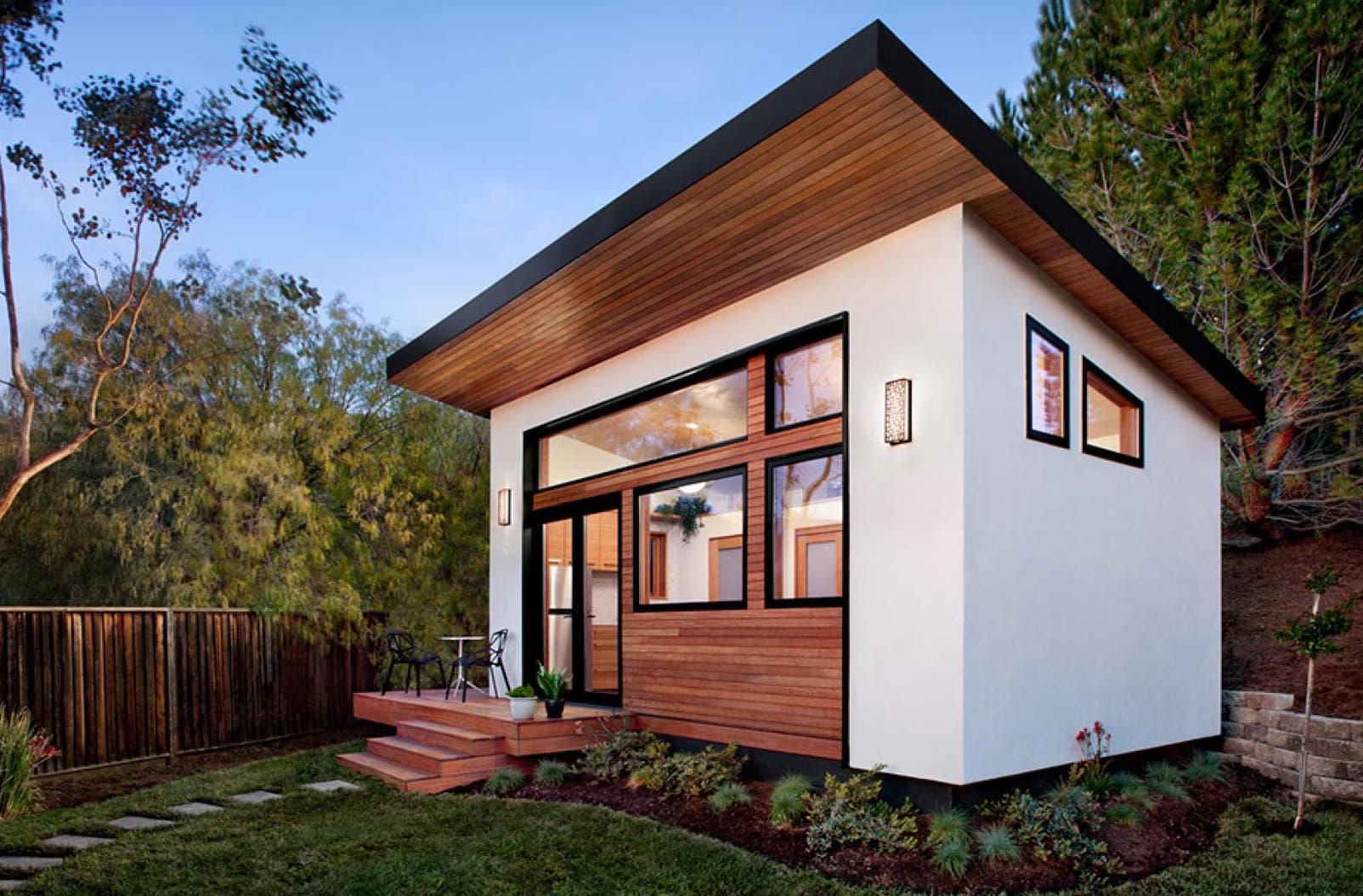The City Council voted unanimously Tuesday night to make a series of changes to Piedmont’s accessory dwelling unit ordinance so it complies with new state laws, but reserved the right to make future adjustments.
Unlike the city’s Planning Commissioners, who last week took a dim view of the state-mandated changes to the extent they diminish control municipal planners have over approving such “granny flats” or “mother-in-law units,” most City Council members this week were more optimistic about the state law changes in principle as they address a pressing need for affordable housing.
Councilwoman Jen Cavanaugh said providing more affordable housing will encourage more social diversity in this expensive little city. “We’re very built out and we don’t have a lot of options,” she said.
That isn’t to say, however, that they agreed with all of the new laws’ provisions or techniques, or that they don’t expect questions and complications to rise.
“By hook or by crook, all of these jurisdictions will have to come up with something” to accommodate more of these ADU units, said Vice Mayor Teddy Gray King. “We’re really trying to do it the right way … that reflects our community values.”
King also praised city planning staff for its “attempt to thread an almost impossible needle” in working to reconcile the new state laws making it harder for cities to regulate ADU approvals while keeping Piedmont’s long-guarded design values.
The new state laws — three of them that took effect Jan. 1 — are designed to make it easier for people to carve what are formally called accessory dwelling units, also known as “granny flats” or “mother-in-law units,” from converted garages, separate cottages or other residences on the same lot as a main dwelling. By definition these ADUs have separate entrances and distinct bathrooms, kitchens, bedrooms and laundry and living area from the main residence on the property.
The three bills signed in October by Gov. Gavin Newsom are meant to increase the state’s stock of affordable housing. ADUs are one part of the state’s ideal formula for providing more such housing
Piedmont, along with most cities and counties in California, find themselves having to update their ADU regulations to conform with changes created by new state laws.
The laws, taken together, will limit cities’ ability to prevent homeowners from building second and third units less than 16 feet tall provided there is enough space to build them at least four feet from property lines. It also prohibits replacement off-street parking when a “garage, carport or covered parking structure” is demolished or converted into an ADU. The new laws also make approval or denial of ADU units “ministerial,” based almost entirely on whether they meet specific set criteria. That severely curtails any subjective decision-making.
Simply not updating the Piedmont ordinance to conform to the new state laws isn’t a viable option, City Attorney Michelle Kenyon told the council. Conflicting state rules and city ordinances would confuse applicants and potentially cause other problems.
Instead, Kenyon told council members they could move now to have Piedmont’s ADU ordinance conform to state law, and make amendments later as needs arise.
Mayor Robert McBain said he believes the state will make its own adjustments on the fly. “I anticipate some changes to the ‘one size fits all’ approach over time,” he said.
Contact Sam Richards at sam.richards4344@gmail.com
